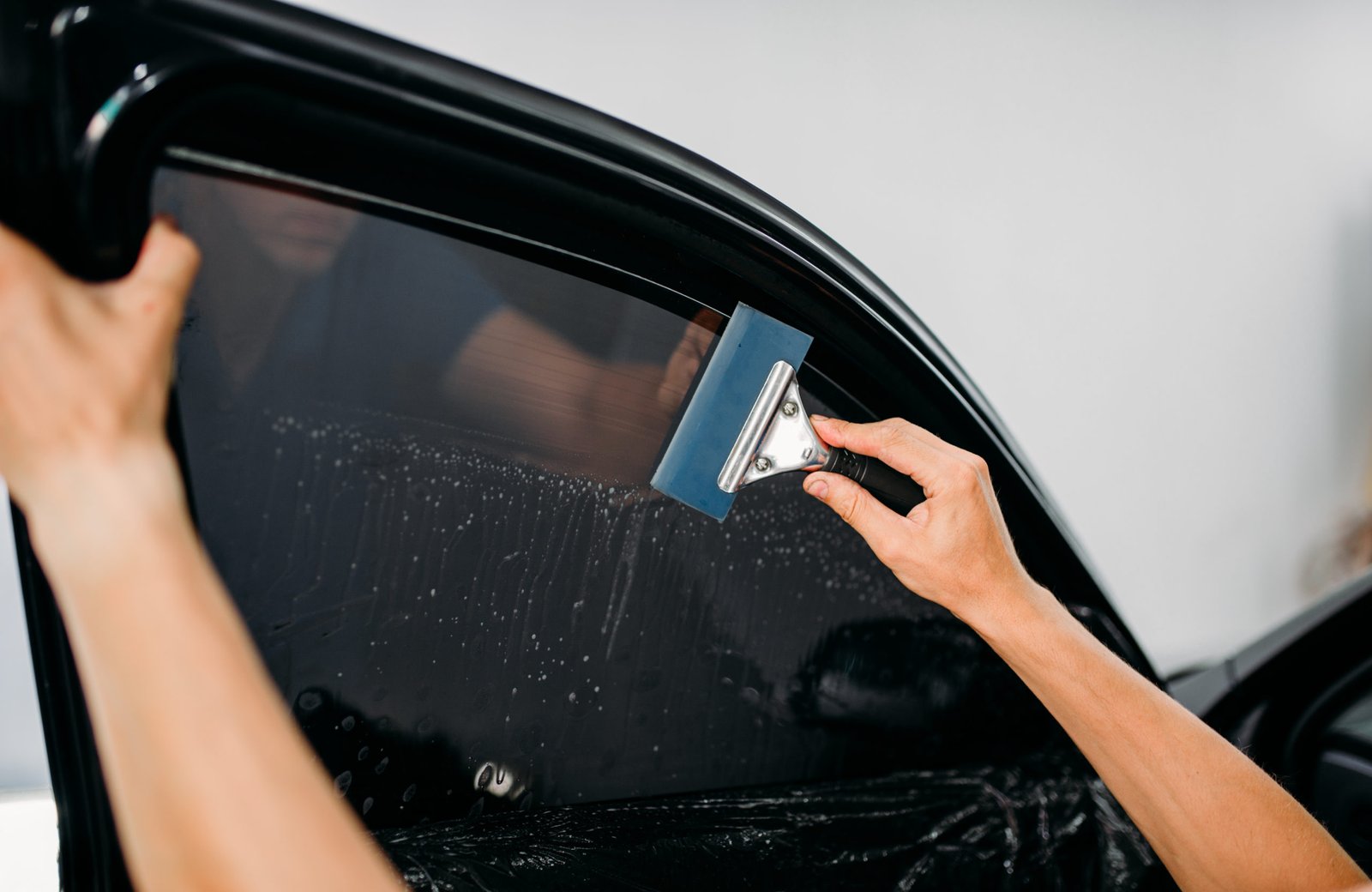
Tints are great for filtering out the sunlight. They can also reduce sun glare and a harsh glare from another car’s headlights. If you live in a snow-prone area, tinting your car windows can keep the sun from reflecting against ice and snow, too! Filtering out the light could benefit your vision during a drive
By blocking out UV rays, window tints can make the inside of a vehicle significantly cooler and more comfortable, particularly during hot summer months. Window tints also reduce glare from the sun for greater comfort for your eyes
Window tinting involves applying a thin film to the interior surface of car windows. This film is designed to block and filter sunlight, with some tints specifically engineered for high heat rejection. Understanding how window tinting works lays the foundation for comprehending the significance of heat rejection in maintaining optimal interior temperatures.
Graphene, a single layer of carbon atoms arranged in a two-dimensional honeycomb lattice, is the fundamental structural element of other carbon allotropes, including graphite, charcoal, carbon nanotubes, and fullerenes. It is renowned for its unique properties such as extraordinary strength, lightness, and conductivity. These properties make it an excellent material for a variety of applications, including automotive coatings.